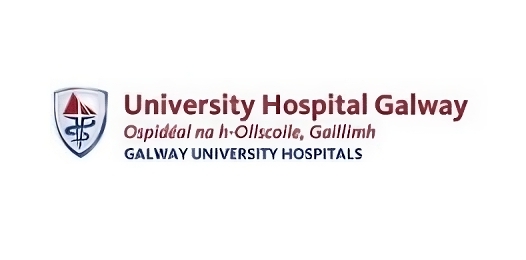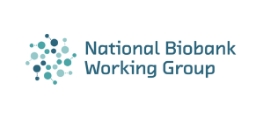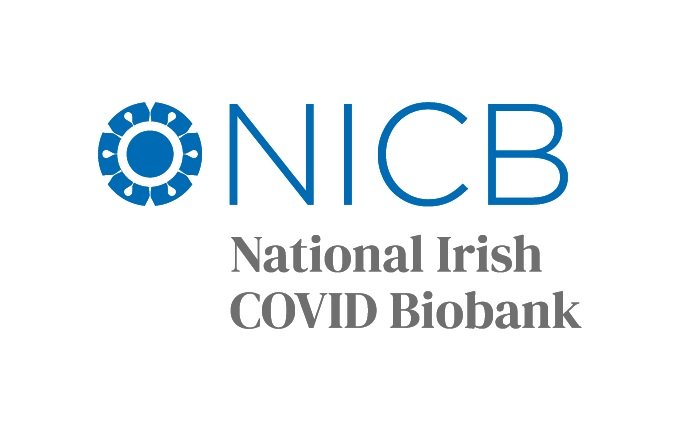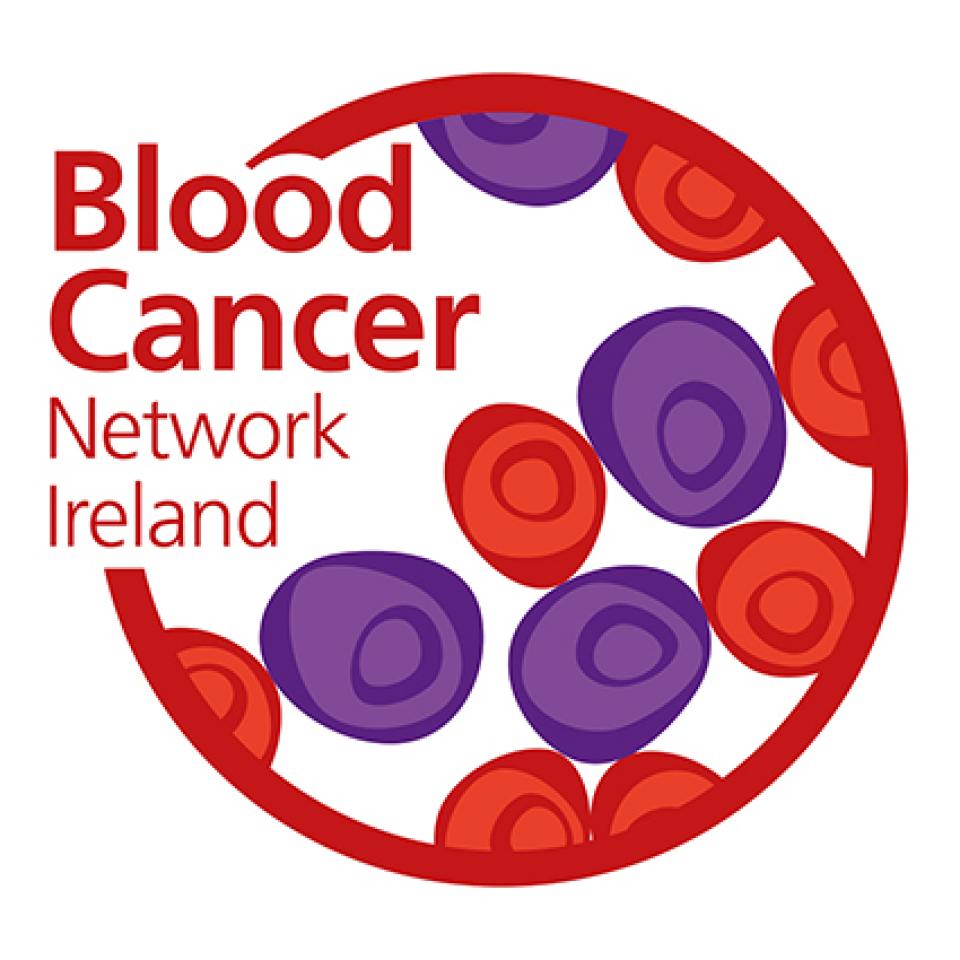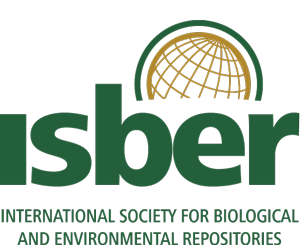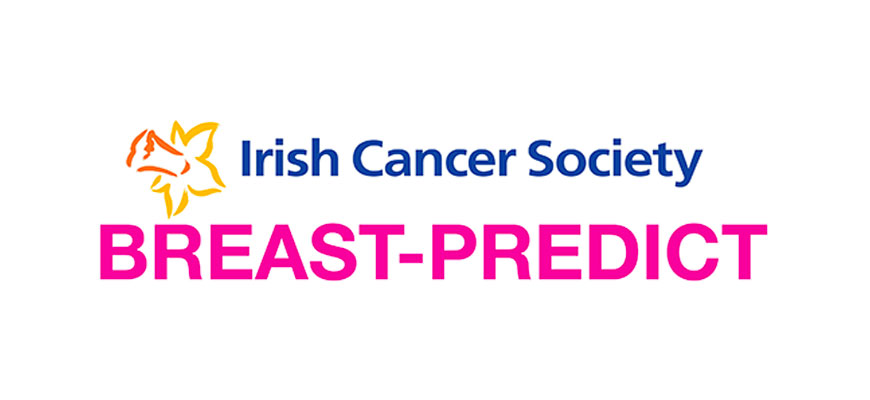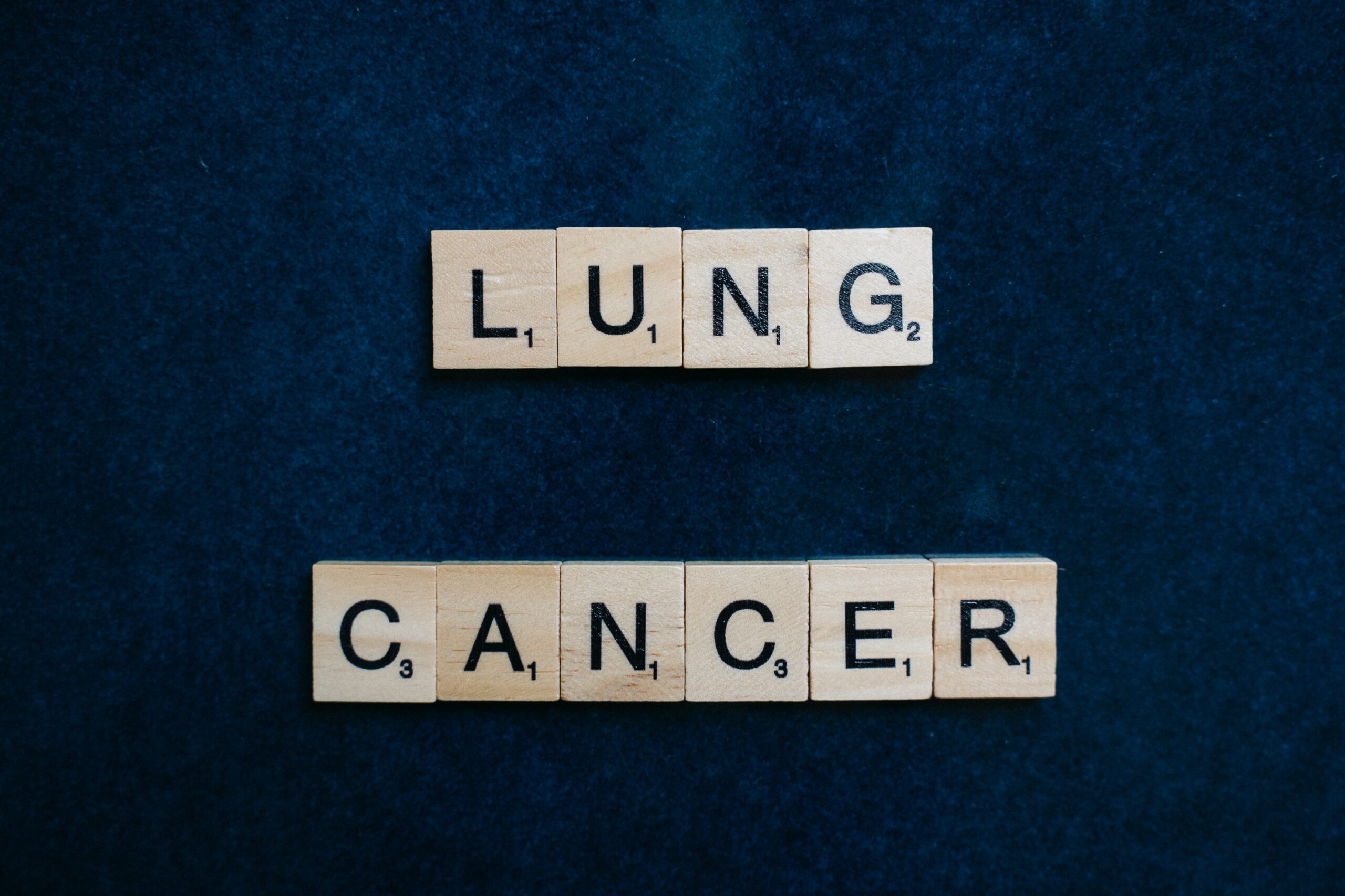
What is lung cancer, and what are the symptoms?
Lung cancer is a type of cancer that begins in the cells of the lungs. It occurs when abnormal cells grow and multiplies uncontrollably, forming a mass or tumour in the lung tissue. Lung cancer can affect any part of the lung and spread to other parts of the body, such as the lymph nodes or other organs.
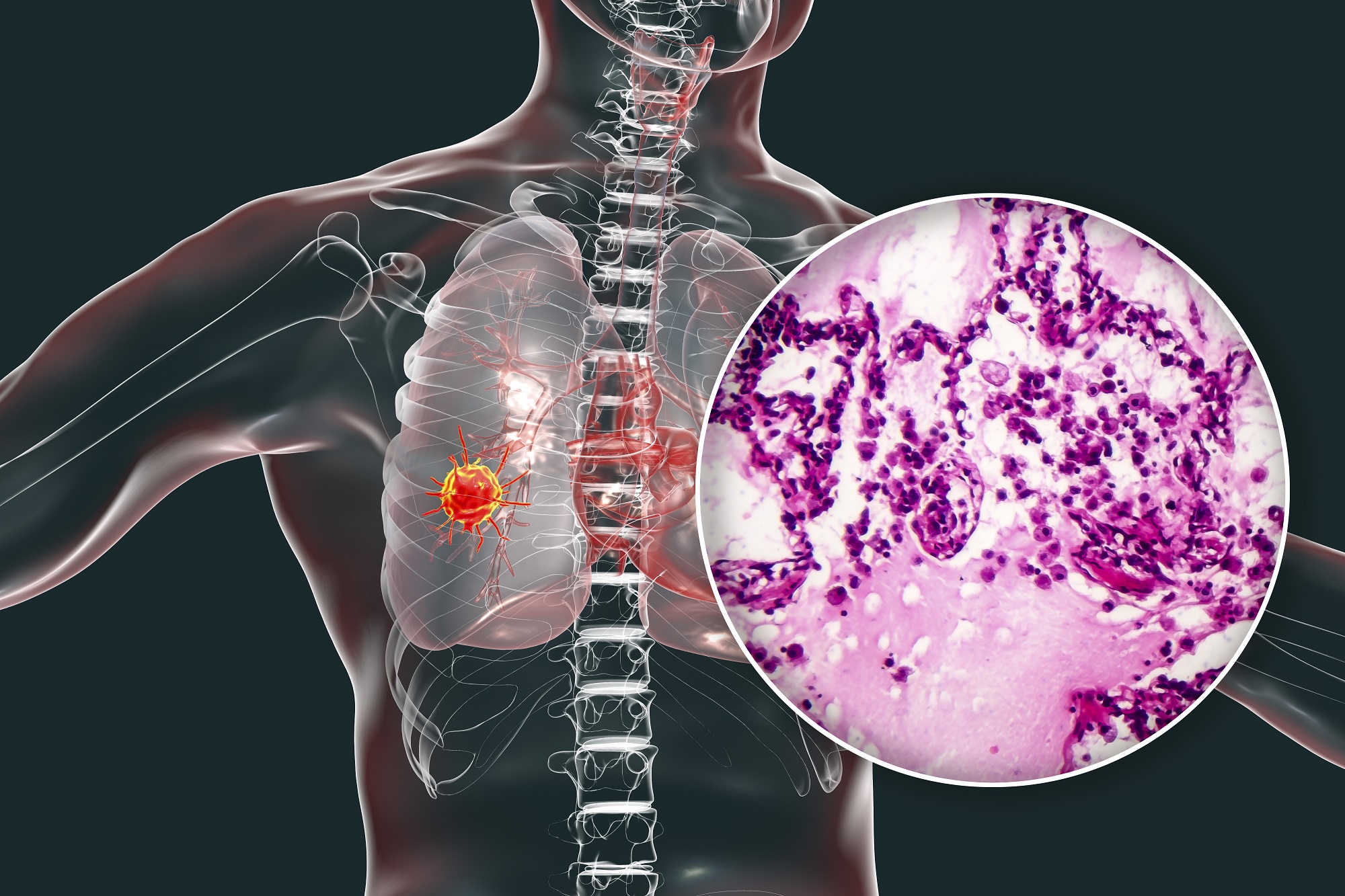
There are two main types of lung cancer: non-small cell lung cancer (NSCLC) and small cell lung cancer (SCLC). NSCLC is the most common type of lung cancer, accounting for about 80% of all lung cancer cases, while SCLC accounts for about 20%.
Lung cancer is a significant public health issue in Ireland. It is the second most common type of cancer in Ireland after skin cancer, and the country’s leading cause of cancer-related deaths.
According to the National Cancer Registry of Ireland, doctors diagnosed 2,748 lung cancer cases in 2018, and 2,257 patients died. Men are more likely to be diagnosed with lung cancer than women in Ireland, and it is most commonly diagnosed in older individuals.
Causes and Symptoms
Smoking is the leading cause of lung cancer, and tobacco use causes approximately 90% of lung cancers in Ireland. Other risk factors for the disease include exposure to radon gas, occupational exposure to carcinogens, and family history.
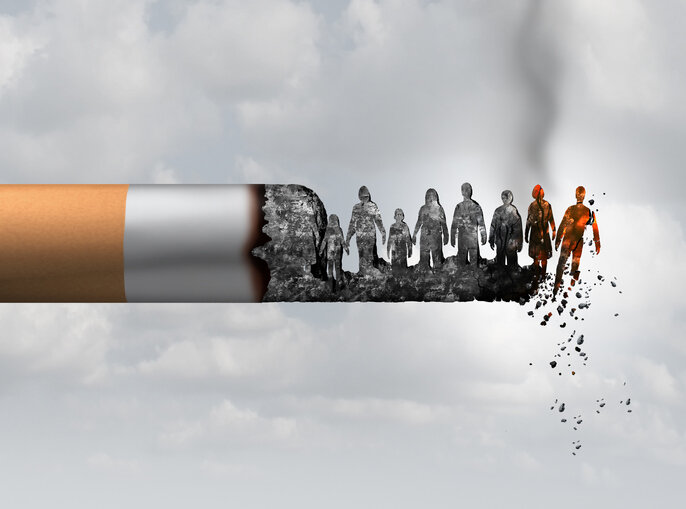
Symptoms of lung cancer may include a persistent cough, chest pain, shortness of breath, coughing up blood, fatigue, and unexplained weight loss. However, some people with lung cancer may have no symptoms at all, particularly in the early stages of the disease.
Treatment and Prevention
Lung cancer management in Ireland involves a multidisciplinary approach, with treatment options including surgery, chemotherapy, radiation therapy, and targeted therapy. The National Cancer Control Programme (NCCP) has developed national guidelines for managing lung cancer, and several specialist clinics have been established throughout Ireland to provide high quality care for lung cancer patients.
Prevention is a key focus in the fight against lung cancer in Ireland. There are numerous efforts to reduce smoking rates, increase awareness of the dangers of tobacco use, and promote early detection through screening programs.
Related News
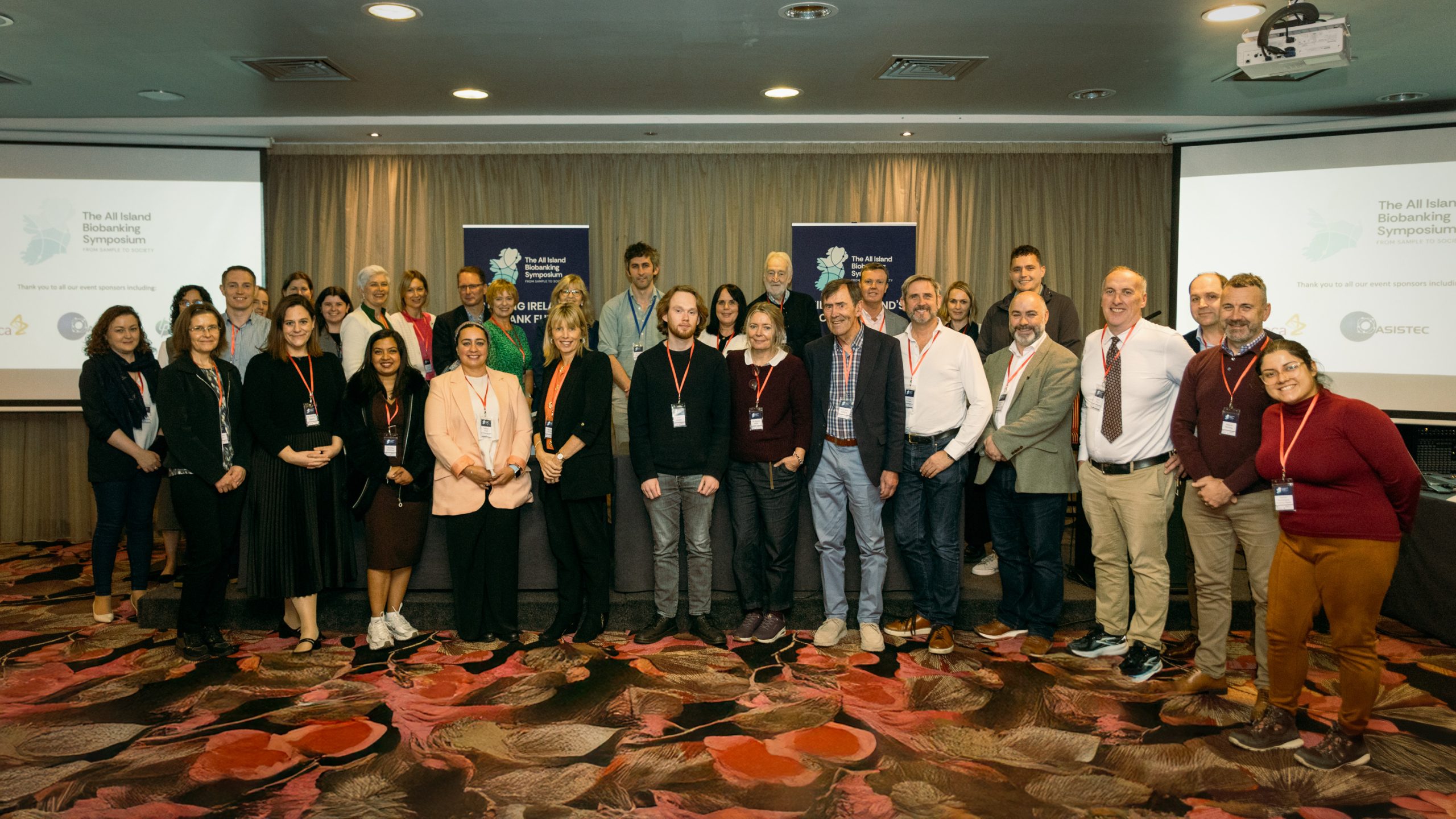
All-Island Biobanking Symposium Highlights Collaboration and Innovation in Irish Research
The Biobanking in Ireland Review and Directory
Introducing the Biobanking in Ireland Review and Directory, a comprehensive resource compiling detailed information on Ireland’s key biobanks, their leadership teams, research focus areas, and capabilities to support collaboration and advance scientific discovery. We will circulate this Directory in the coming months. If you are a biobank and wish to participate, please reach out to us for inclusion.





